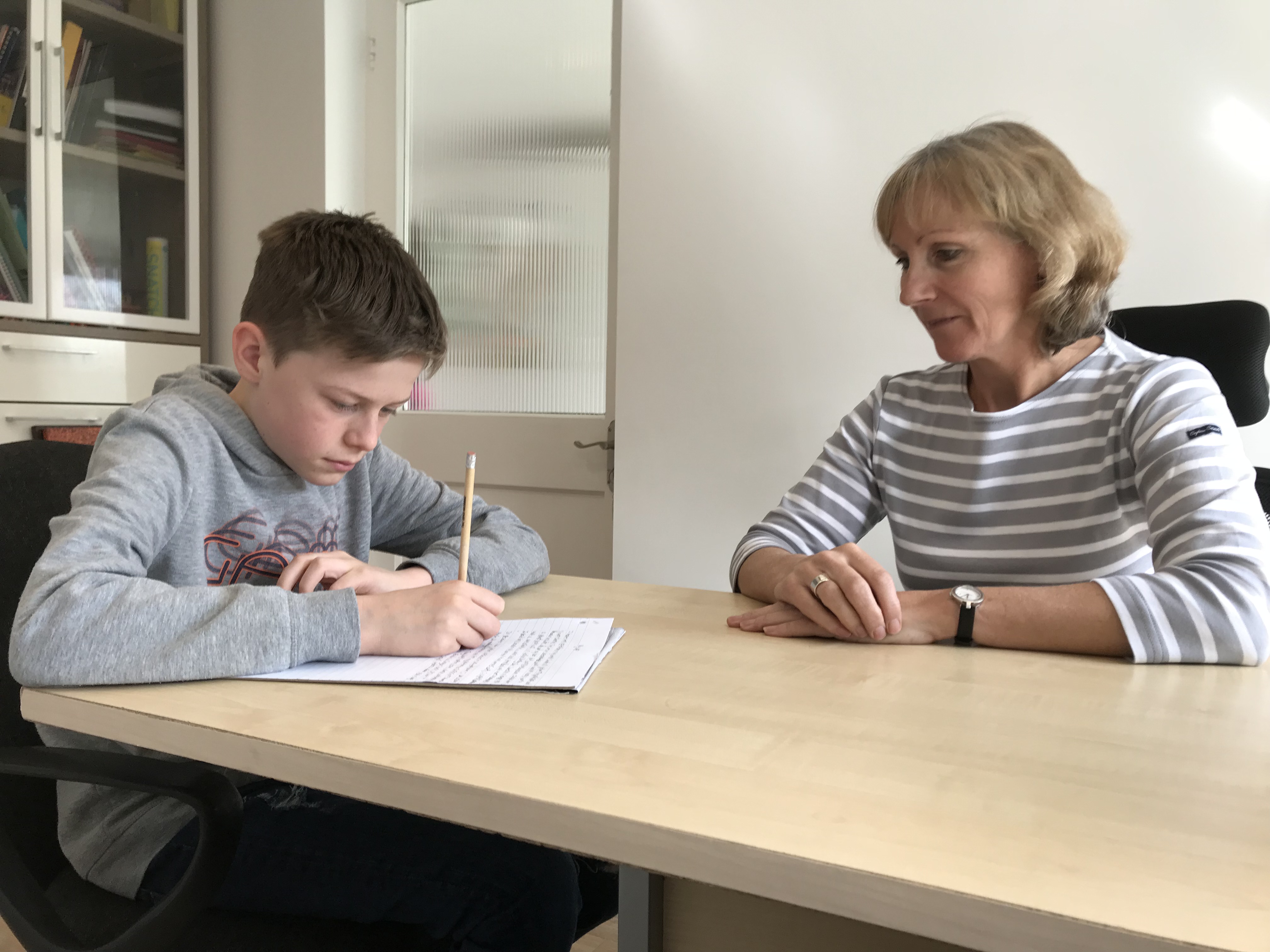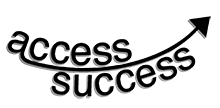Dyslexia is neither a physical or a mental illness.
There is no medical intervention that can be used to treat it and people do not grow out of dyslexia. As stated by Dr Eide “We don’t see the reading, spelling, or other academic challenges associated with dyslexia as the result of a “disorder” or a “disease.” Instead, we see these challenges as arising from a different pattern of brain organisation – one whose chief aim is to predispose dyslexic individuals to the development of valuable skills. When dyslexia is viewed from this perspective, we can see that the strengths and challenges that accompany it are like two sides of the same neurological coin”.[1]

Individuals are often confronted with barriers to learning with limited resources provided by the school/college. However, a diagnostic assessment will help to provide parents and teachers with recommendations of how best to support children. It is important to remember that a child/adult will be able to learn skills as long as they receive appropriate specialist multi-sensory support.
Considerable praise and encouragement is important to boost self-esteem and keep your child feeling positive and focused. Sometimes dyslexic students struggle to find their strengths and difficulties often dominate, but with appropriate support, children are more likely to take a more enthusiastic approach to work. Dyslexia should be regarded as a learning and processing style that tends to run in families. If your child struggles with a process, parents and teachers should be encouraged to look for alternative methods of completing the same task.
Often, assistive technology can remove barriers to learning, for example the use of reading and writing software. Also, support with exams may be available to ensure that answers reflect the student’s knowledge and ability.
If you would like to discuss this further, please contact [email protected].
[1] Brock & Fernette Eide. The Dyslexic Advantage (Hayhouse UK Ltd, London, 2011), xvii.
